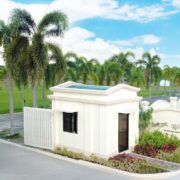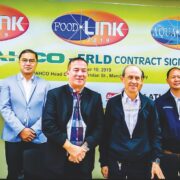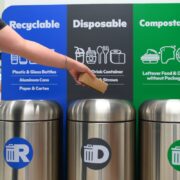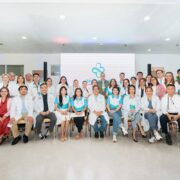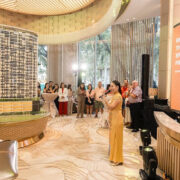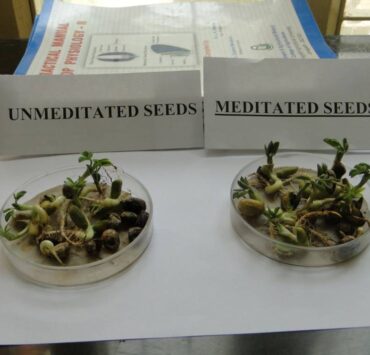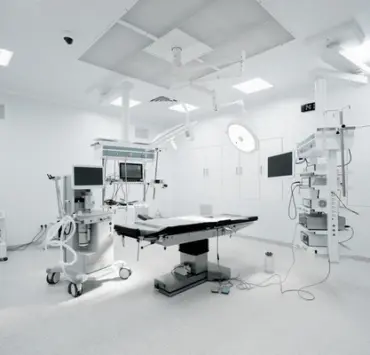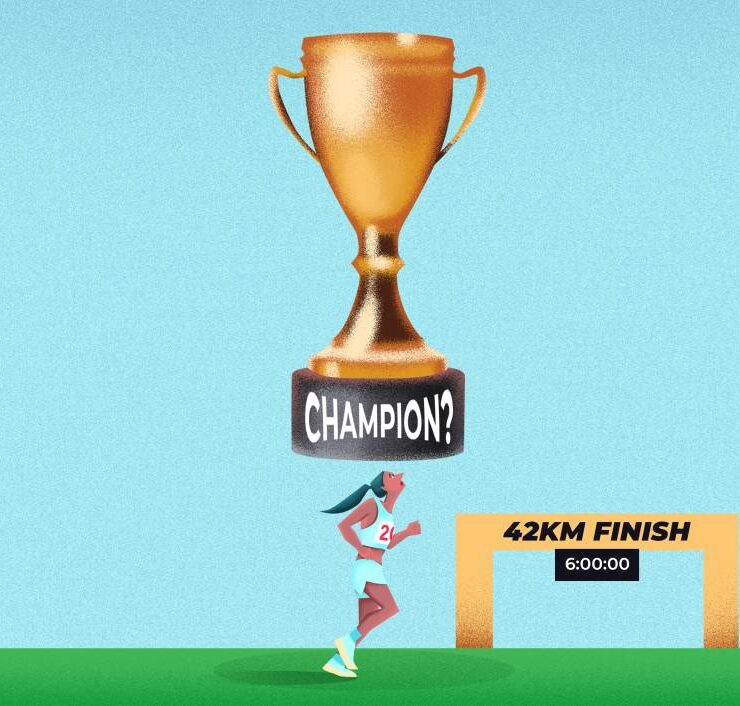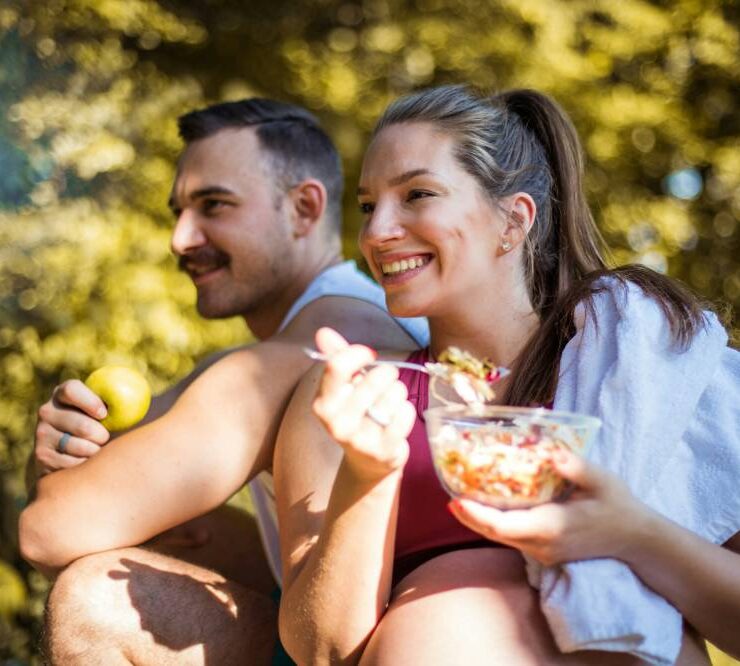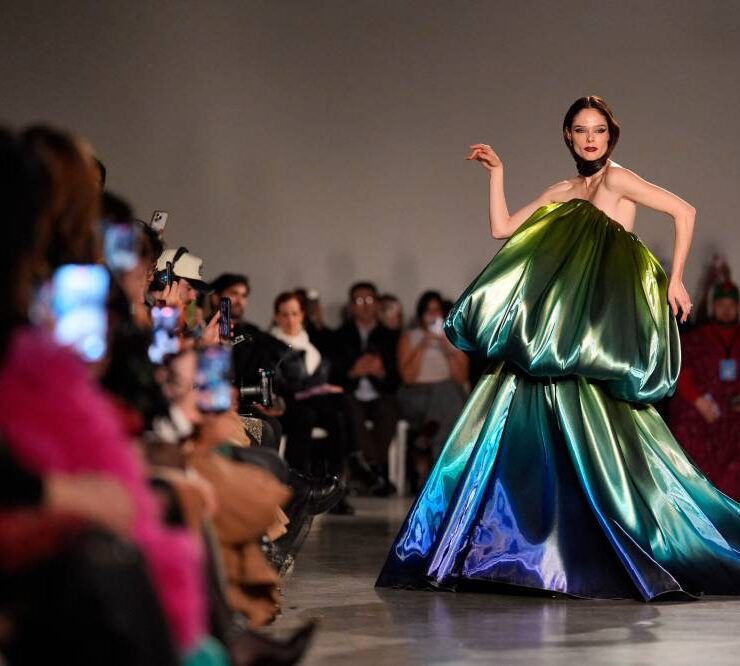Keeping up with PH’s top cycling team
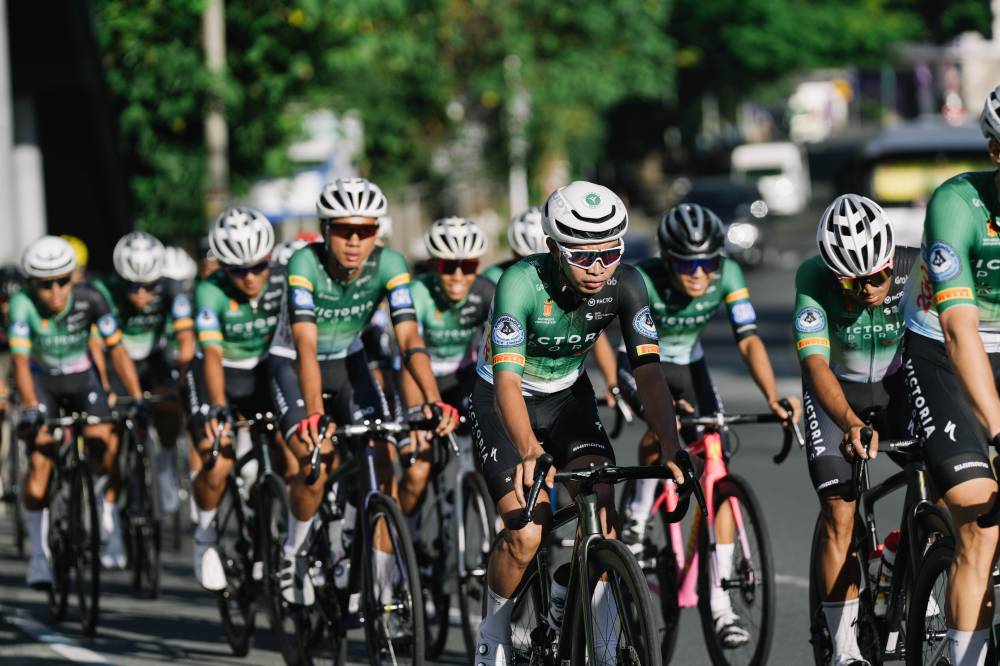
I should have known from the start that the “social ride” I signed up for wasn’t the social ride I knew.
The invitation described it as an experiential event—“an exciting opportunity” to ride alongside the country’s top professional cycling team. No worries, the publicist assured me. The ride would be nice and slow—not a hint of racing involved. And while those adjectives, together with the word “pro,” sounded like an oxymoron, curiosity got the better of me.
At 6:30 a.m., amid a hectic weekday rush last March, I arrived at our meeting place—a gas station on Marcos Highway in Antipolo City—to find that my hunch had been right all along. There they were: the Victoria Sports Pro Cycling Team (VSPC)—all lean and fit in their green jerseys, their sunbaked calves bulging like mangoes as they rested their legs on their carbon bike’s pedals.
“There’s no way I’m keeping pace with these people,” I thought. “Not a chance!”
I sent VSPC founder Pako Ochoa a message, telling him that I would just try to trail the group from behind and catch up with them at our destination, Ahon Coffee, a popular cafe and cyclist hangout located just after the steepest sections of Sumulong Highway.
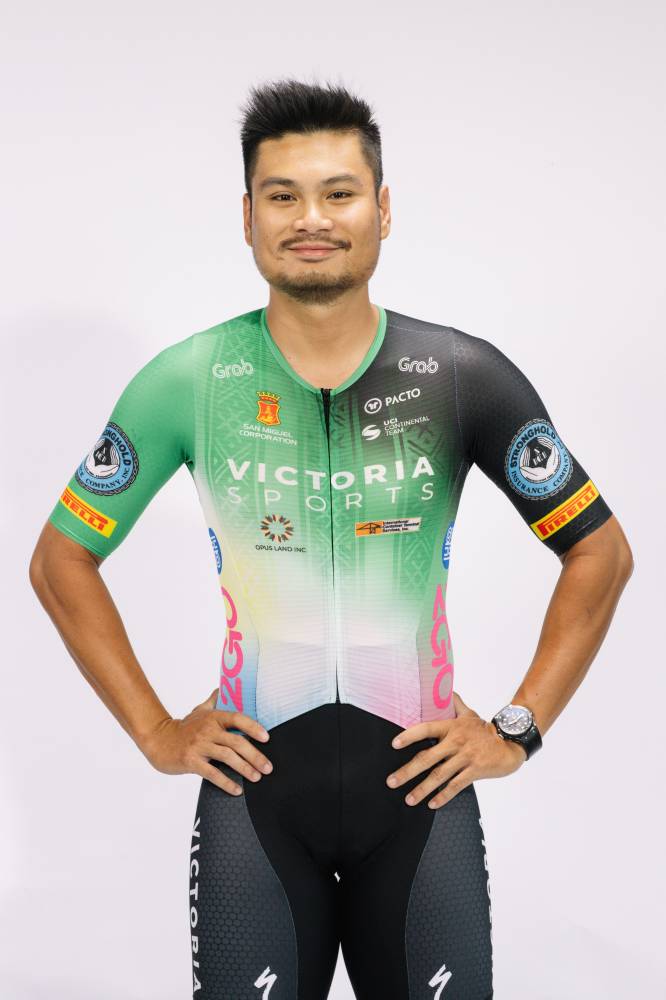
And then they were off. With little effort, they surged forward before I could even find my bearings. For the first couple hundred meters, I could still see their backs. But then I blinked, and they were gone. So, I trudged on, maintaining a chill pace. And by “chill,” I meant my kind of chill, which wasn’t very chill at all. Huffing and puffing, my butt starting to burn, I slogged my way up to Sumulong, one labored pedal stroke after another.
On any given day, climbing this winding, deceptively punishing road without stopping—a baptism of fire for new recreational cyclists—always feels like an achievement. But on this day, it was a reminder of my physical limitations; a real-time illustration of just how wide the gulf is between the pros and us weekend warriors.
Gifted athletes
It took me some 23 minutes to complete the 5-kilometer stretch, from the turn on Marcos Highway all the way to Ahon. And that was me barely hanging on for dear life. But if they so much as tried, members of the VSPC could do the same in only 12 minutes, give or take. “Of course, it still hurts if you go fast and hard!” said Ochoa, who sat down with Lifestyle—after a much-needed breather—to discuss VSPC’s vision and goals.
These athletes are naturally gifted; that’s a given. But it’s not like they just came out setting record times off the block. They can cover such a challenging section in minutes because they have put in hundreds of hours to do it in minutes.
As part of the VSPC’s meticulous, scientific approach to training, the team’s 18 members can easily clock up to 25 hours of saddle time per week. And no one regimen is the same. Every cyclist is given a personalized routine—with unique targets and goals to meet—which is uploaded by the coaches to an app.
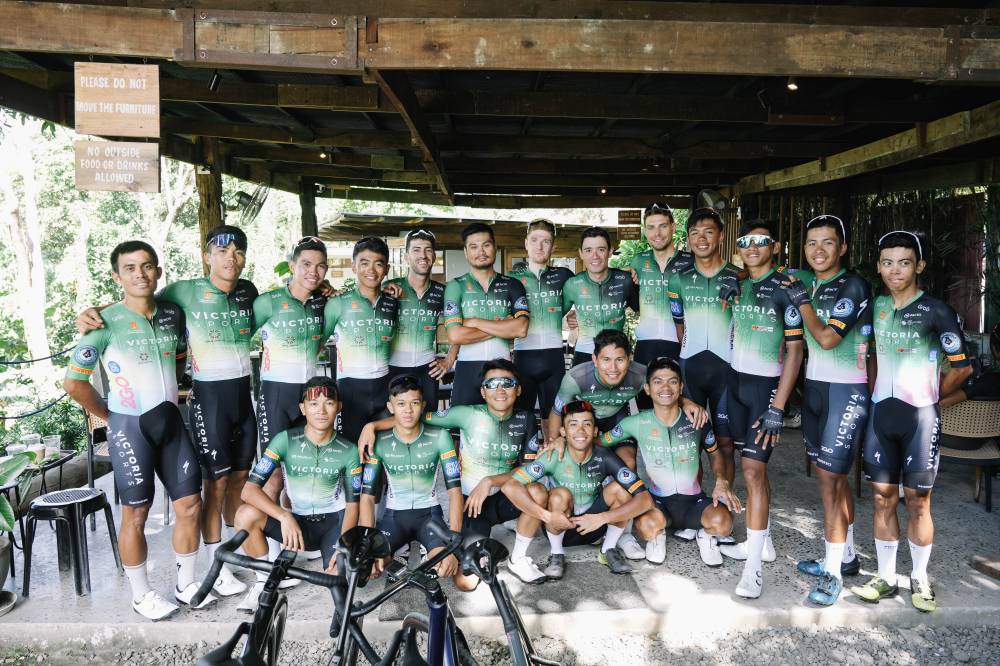
“Our cyclists spend three to five hours a day, 20 to 25 hours a week, on a bike,” Ochoa said. “Usually, we alternate between two to three days of hard effort and one light day. Some members take a full day off; some would rather do short rides as their version of recovery. Everything they need to know is in the app, which displays their tasks for the next week or so.”
The VSPC “leaves no stone unturned” in assessing its members’ strengths and weaknesses. Extensive performance testing—which includes VO2max (for aerobic capacity), functional threshold power (the maximum power a cyclist can sustain for one hour of steady effort), and lactate threshold (the point where fatigue sets in)—allows coaches to craft programs that suit each rider’s qualities.
“We invest in testing … so that during training, we know what kind of approach is best for different types of cyclists,” Ochoa said. “Of course, climbers, sprinters, and all-arounders have different needs. We do this, so that come race time, we know how to best utilize each member and know which cyclists are most suited to particular race segments.”
In endurance sports like cycling, there will come a point when the whole ordeal becomes as much a mental battle as it is a physical one. As such, it is crucial, Ochoa pointed out, to have athletes who can deliver not only in ideal conditions, but also amid harsh elements—athletes who can rough it out when the going gets tough.
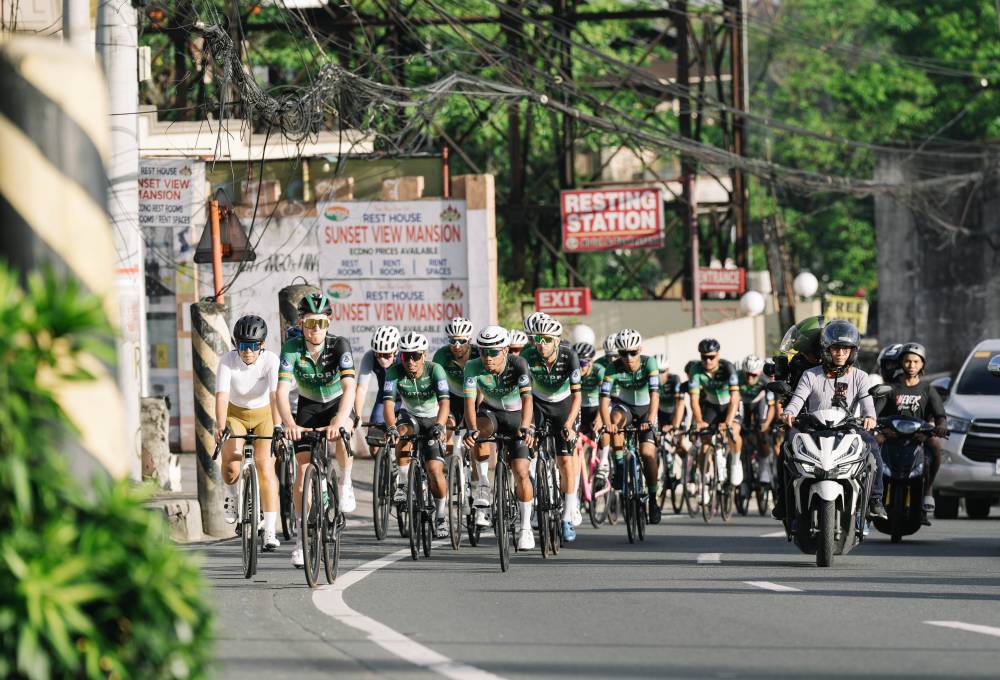
Attitude and character
“There are a lot of talented Filipino riders who show great potential. Maraming malakas. But attitude and character also matter a lot. I think that’s where the Filipino athletes’ grit comes in into play. Despite the hardships that come with being an athlete, especially here in the Philippines, they still perform and give what they can for the sport. And that tenacity they also bring to the race,” Ochoa said.
Training and competing in foreign countries—away from one’s families and under weather conditions so unlike what we have in the Philippines—add yet another layer of challenge. “Since half of our competition calendar is in Europe, our cyclists also have to battle homesickness. They have to get acclimatized to sub-zero temperatures in the mountains,” Ochoa said.
“That’s another aspect of life they have to sacrifice,” he added. “‘Di pwedeng gusto mo lang mag-bike. You have a professional role that you have to play on the team.”
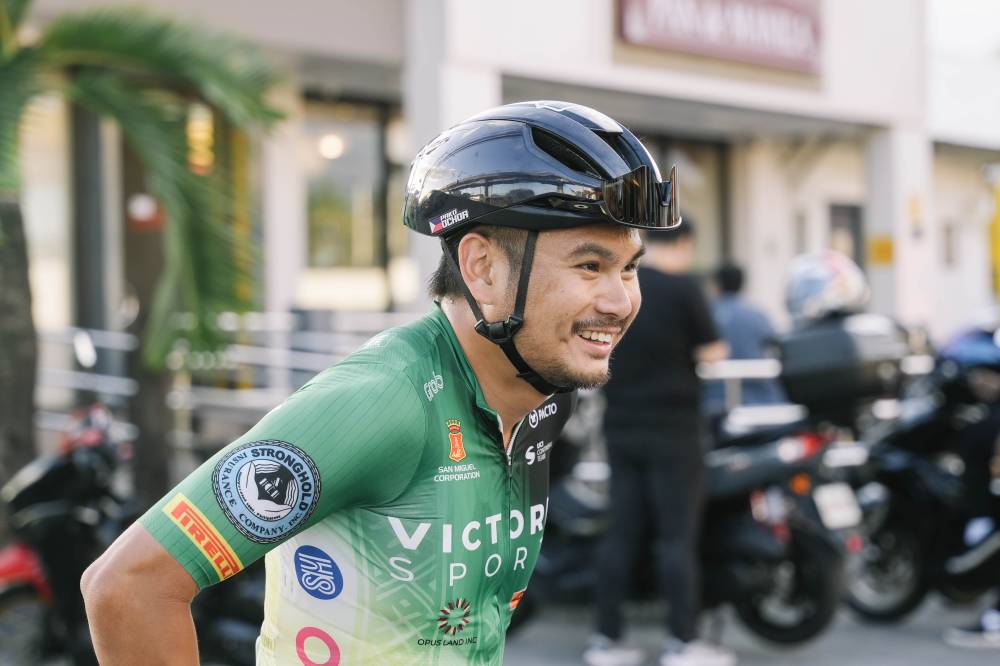
But all the hard work has started to pay off—and in such a short amount of time, much to Ochoa’s surprise. While it was launched only in 2023, VSPC has already made significant inroads in the cycling circuit. Buoyed by recent wins and strong finishes, VSPC is now the top cycling team in the country—this, according to official rankings by the Union Cycliste Internationale (UCI), the official world governing body for cycling.
“In our first year, we did 10 races abroad, mostly in Europe. Last year, we joined 24 or 26—a big jump that exceeded our expectations. The goal was to get significant results in our first three to five years. But only after a couple of months, we already started to see good results,” Ochoa said. “Being in the team adds depth to our love for the sport, especially when we see that our hard work is getting us somewhere.”
At the Philippine National Championships last March, VSPC secured victories in various categories: Marcelo Felipe, now the top Filipino individual cyclist, was hailed national road race champion; Nichol Pareja bagged silver in individual time trial; Darius Villaseñor was the junior individual time trial national champion; Rush Camingao triumphed at the Under-23 road race national championship.
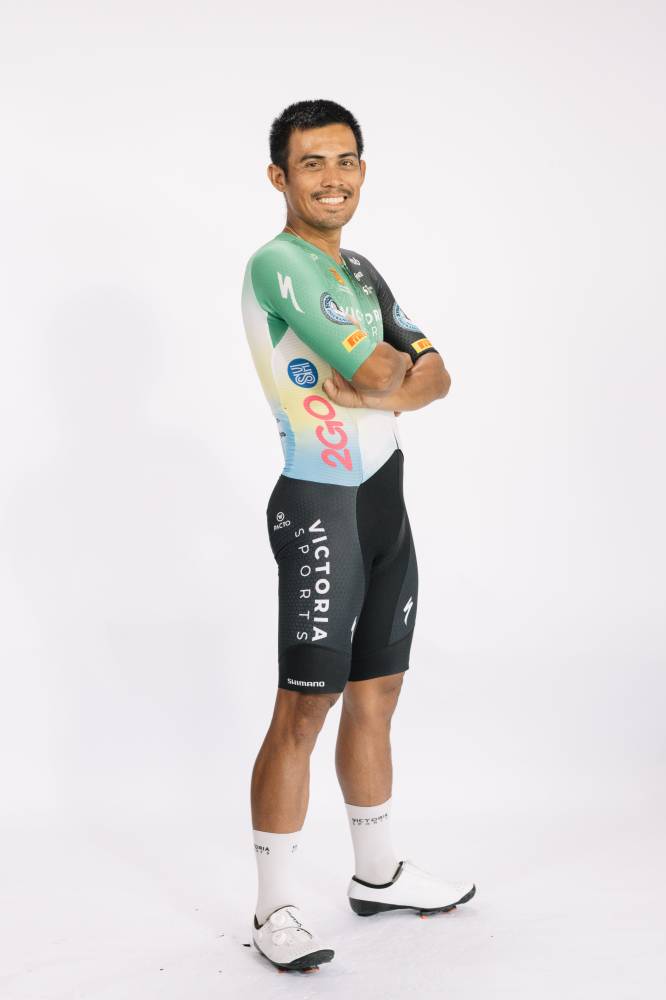
Also part of the team are Filipino cyclists Daniel Ven Cariño, Ean Cajucom, Ismael Gorospe Jr., Kenneth Maramba, Alexis Pagara, Edson Corbadora, Miguel Andrei Obmerga, Jude Gabriel Francisco, Mark Baruelo, as well as foreign members Edgar Nohales Nieto and Eugenio Sanchez (Spain), Jeroen Meijers (Netherlands), and Nicolas Sessler (Brazil).
Tour of Luzon
“I would say that these are our biggest achievements so far. And these fuel us going into our next competitions. We want to have the best people representing the sport, and we want to keep on showing our cyclists that we have the potential to do more,” Ochoa said.
And this momentum is one the team is bent on sustaining, as it set its sights on its next major race, the iconic Tour of Luzon, which was last staged in 2019. “The pressure is high because it’s set in our country. We will just continue what we’ve been doing in the past races. It has been a while since we last had a big local race, so it’s definitely a priority for us,” Ochoa said of the event, which kicks off in Paoay, Ilocos Norte on April 24.
After all, there’s no promotional tool more potent than success. “People seeing you win can spark more interest in the sport—like Hidilyn Diaz did with weightlifting, Carlos Yulo with gymnastics, and EJ Obiena with pole vaulting. We’re up for that challenge. And with proper guidance, experience, a training program, and exposure, we can get there,” Ochoa said.
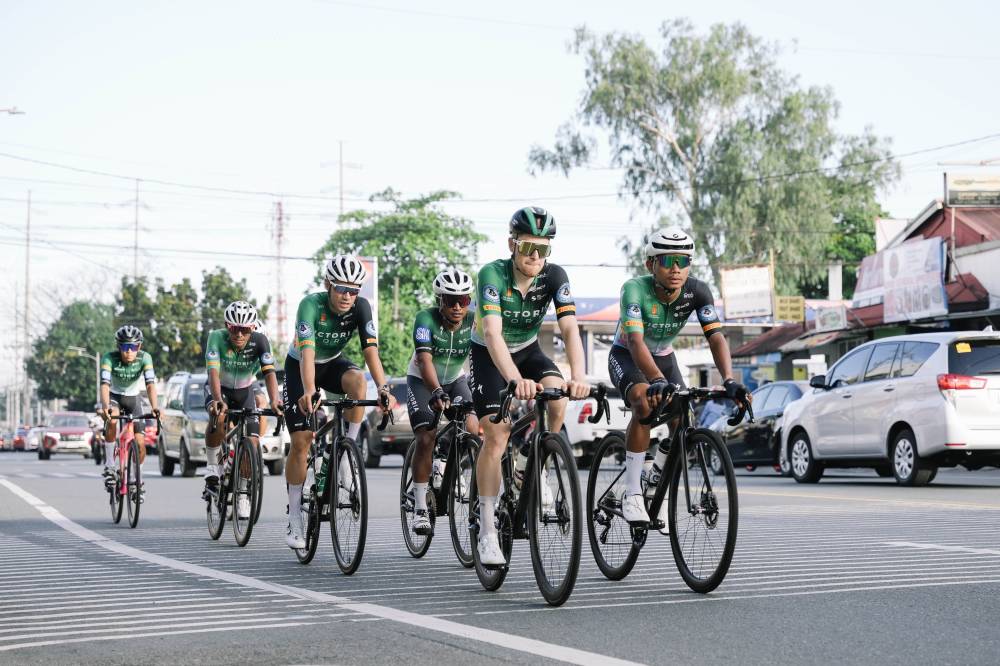
Before founding VSPC, Ochoa raced in Portugal as an amateur cyclist, from 2017 to 2019, and then as a professional in 2020, as part of the storied Tavira Cycling Team. And if there’s one thing he learned during his time in Portugal, and his exposure to the workings of European teams in general, it’s that having a formidable roster is but a cog in a much bigger, more intricate machine.
Right now, VSPC is classified as a continental team—the third-tier category in the UCI hierarchy, below world team and pro team. And for VSPC—and other Filipino continental teams for that matter—moving up a level entails accumulating more points, putting together a bigger support team, maintaining a consistent international presence, and having strong sponsorships.
And this will be possible, Ochoa said, only by structuring the team like a well-oiled machine that doesn’t only produce world-class athletes, but also creates opportunities for them. Truth be told, competitive cycling can be an expensive endeavor—from plane tickets to cutting-edge equipment. And with VSPCs schedule in the coming months including races in such countries as Spain, Austria, Poland, Lithuania, Romania, and Japan, visa application emerges as a perennial and pressing concern.
Pushing for road safety
Access to UCI-sanctioned events—entry to which is determined by ranking, performance, and relationship with race organizers—is another challenge. A lot of brand-building, therefore, involves a lot of networking, Ochoa noted. Thankfully, the VSPC has managed to score a robust set of sponsorships. The team also benefits from the guidance of its Spanish sports director, Hector Carretero, whose network in Europe allows VSPC to tap more international races.
“Budget really is a big thing because you have to fly abroad. You have to have bikes and maintain them. You need proper nutrition or care from doctors. So you need to build a team that focuses both on the performance side and professional aspects of cycling,” he pointed out.
“The more events you join, the more exposure you get. And the more exposure you get, the more sponsors you get—they all work hand in hand,” Ochoa said of VSPC, which is supported by its main sponsor, the Victoria Sports Club, and other companies like SM and San Miguel Corporation. The popular cycling brand Specialized, meanwhile, is the technical partner and provides the team’s bikes.
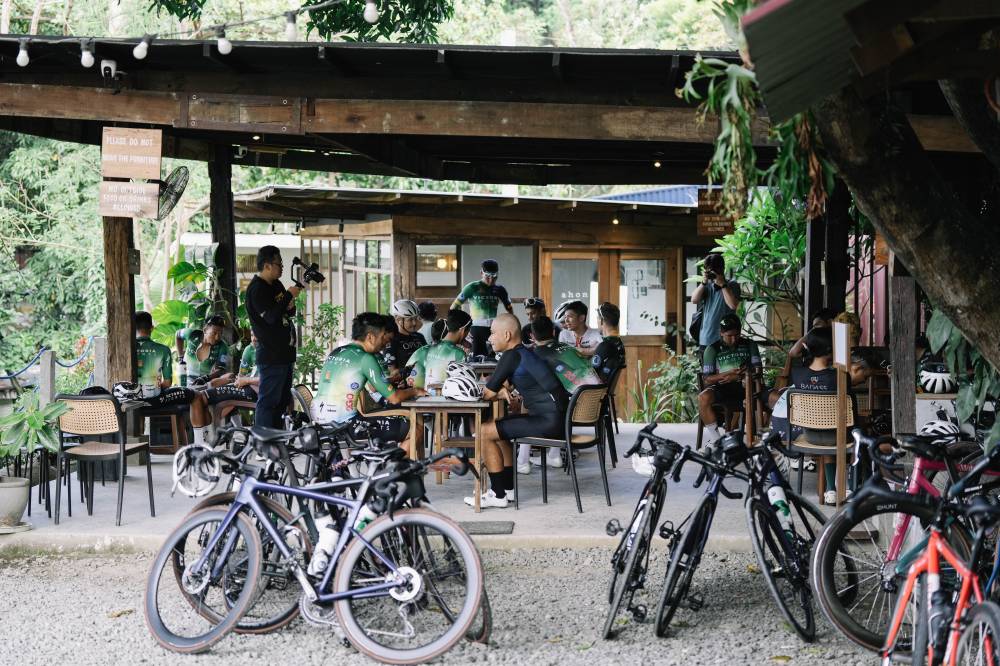
True enough, it’s these efforts by the VSPC that inspired Marcelo to join the team. “Magba-bike ka na lang,” he said. “I have been to Thailand and other places in Asia. But here, I got to visit Europe—Portugal, Estonia. And it makes me happy because I love seeing new places and meeting new people.”
But beyond races and chipping away at the groundwork off-saddle, VSPC also advocates for road safety—an aspect of cycling that one might think doesn’t concern hardened pros.
For VSPC members, training in the Philippines—and playing a dangerous game of tag with jeepneys and other vehicles—is par for the course for VSPC. “It’s dangerous. Every day, our life is on the line,” Marcelo said.
But while they have gotten used to the chaos, that doesn’t mean they don’t yearn for safer roads for everyone. And this is something the team hopes to advocate in its future projects and social rides—perhaps on a gentler route so we can finally keep up.
“To improve cycling in the Philippines, there also has to be involvement in the community to enhance the culture. All road users should do their part. Because with safer roads, more people will be enticed to get into cycling. And the more people on bikes, the more future talents we can discover,” Ochoa said.

